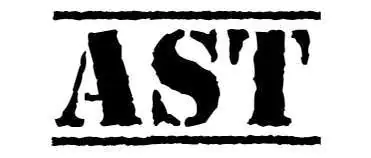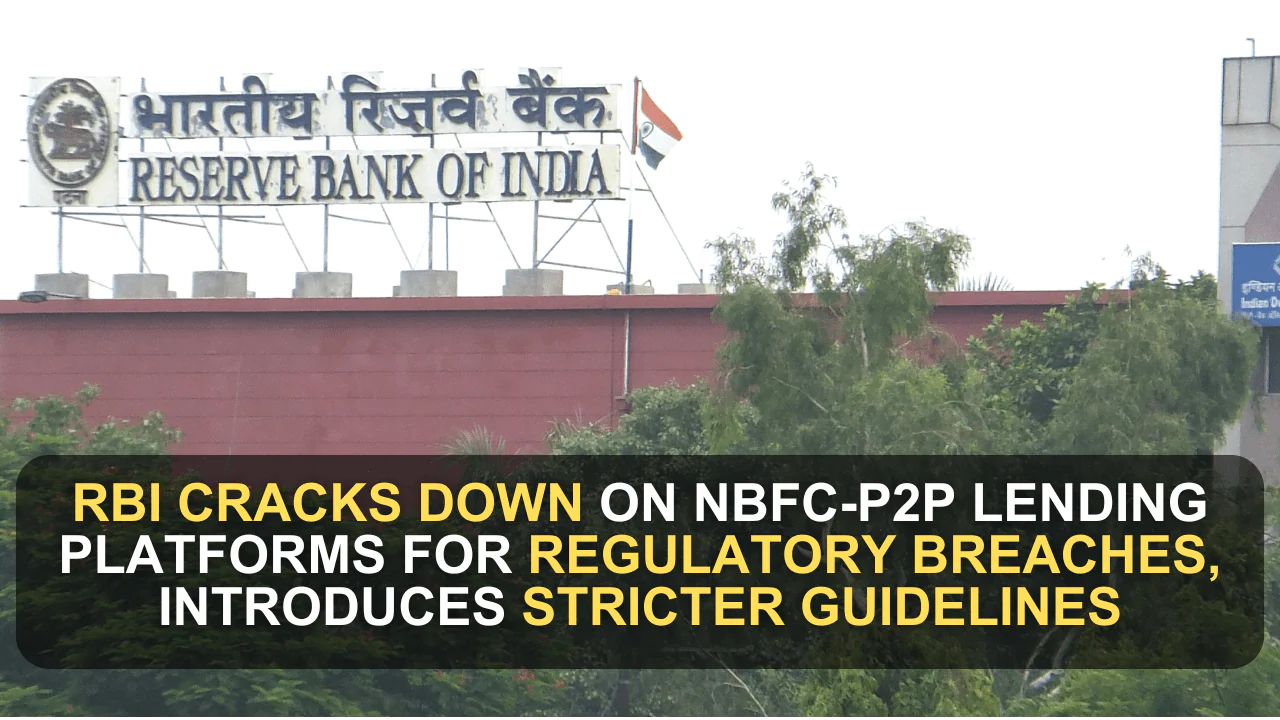RBI Warns on Regulatory Default by NBFC-P2P Lending Platforms, Stiffens Standards.
There has been a recent emergence of NBFCs in the Indian market that are engaged in offering P2P lending services, for which several such NBFCs have been found by the RBI to have committed serious regulatory violations. Consequently, the central bank has tweaked the rules to increase supervision prohibit credit enhancements, and place constraints on lenders’ aggregate exposure, pegged at Rs 50 lakh.
Major Infractions Committed by NBFC-P2P Lending Platforms
As per the RBI, some NBFC-P2P platforms were found involved in channeling P2P lending as investment products, providing options for liquidity, and even operating as deposit takers and lenders. These are suppressed despite the roles that were assigned to them being those of intermediaries. If at all such violations have been observed they have been addressed individually by the RBI for correction, the RBI said.
New Directions of the NBFC- Peer-to-Peer Lending Platforms
The central bank’s rules have been tightened in anticipation of new measures that will be implemented in the next three months. Under these new guidelines:
Prohibition of Credit Enhancements: NBFC-P2P platforms are barred from extension of credit guarantees. Where there is principal or interest loss, it must be for the account of the lenders subject to clear disclosure.
Limitations on Cross-Selling: The platforms are also restricted from selling other insurance products to the borrowers apart from insurance products that concern the loans offered to the borrowers.
Equitable Matching of Lenders and Borrowers: NBFC-P2P boards have to set out guidelines to the effect that any identity of the lender, as well as the borrower, should be made in a fair and peremptory non-discriminatory manner. To release funds in a loan arrangement it is mandatory that the loan contract must be signed and there is a proper identification of all the participants attached to the loan.
No Funds Misuse: NBFC-P2Ps are expressly barred from using the funds in any manner not permitted under the regulations. They cannot invest one lender’s money in place of another lender’s. Such costs must be quantified beforehand and they must be charged as a flat rate, or as a percentage of the principal amount differing from the repayment amount.
Exposure Cap: The RBI has set aspects to the combined credit limit of a lender to all borrowers across various P2P platforms at Rs 50 lakh. For lenders having more than Rs 10 lakh exposure a practicing chartered accountant must confirm a minimum net worth of Rs 50 lakhs.
Fund transactions via Escrow Accounts: In P2P platforms, all the money transactions that occur between the users have to be facilitated by escrow accounts which are managed by trustees who are normally recommended by the banker. Lenders and borrowers should have at least two different accounts, and the money is to be used for nothing apart from such transactions. The guidelines also sharply categorically ban cash or other monetary transactions.
Fiscal Policy Implication for NBFC-P2P Lending Platforms
Such changes reflect the RBI’s serious attitude towards the maintenance of the purity of the P2P lending segment. To safeguard lenders and maintain that NBFC-P2P shall only act as an intermediary, the RBI has implemented such strict measures.
The latest action taken by the central bank just confirms that it has been keen on increasing the regulatory measures in the fast-growing P2P lending sector to ensure that all the online platforms take strict measures and avoid compromising the interest of all the participants.




